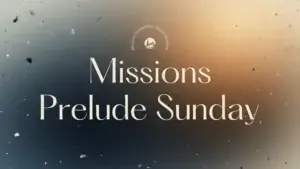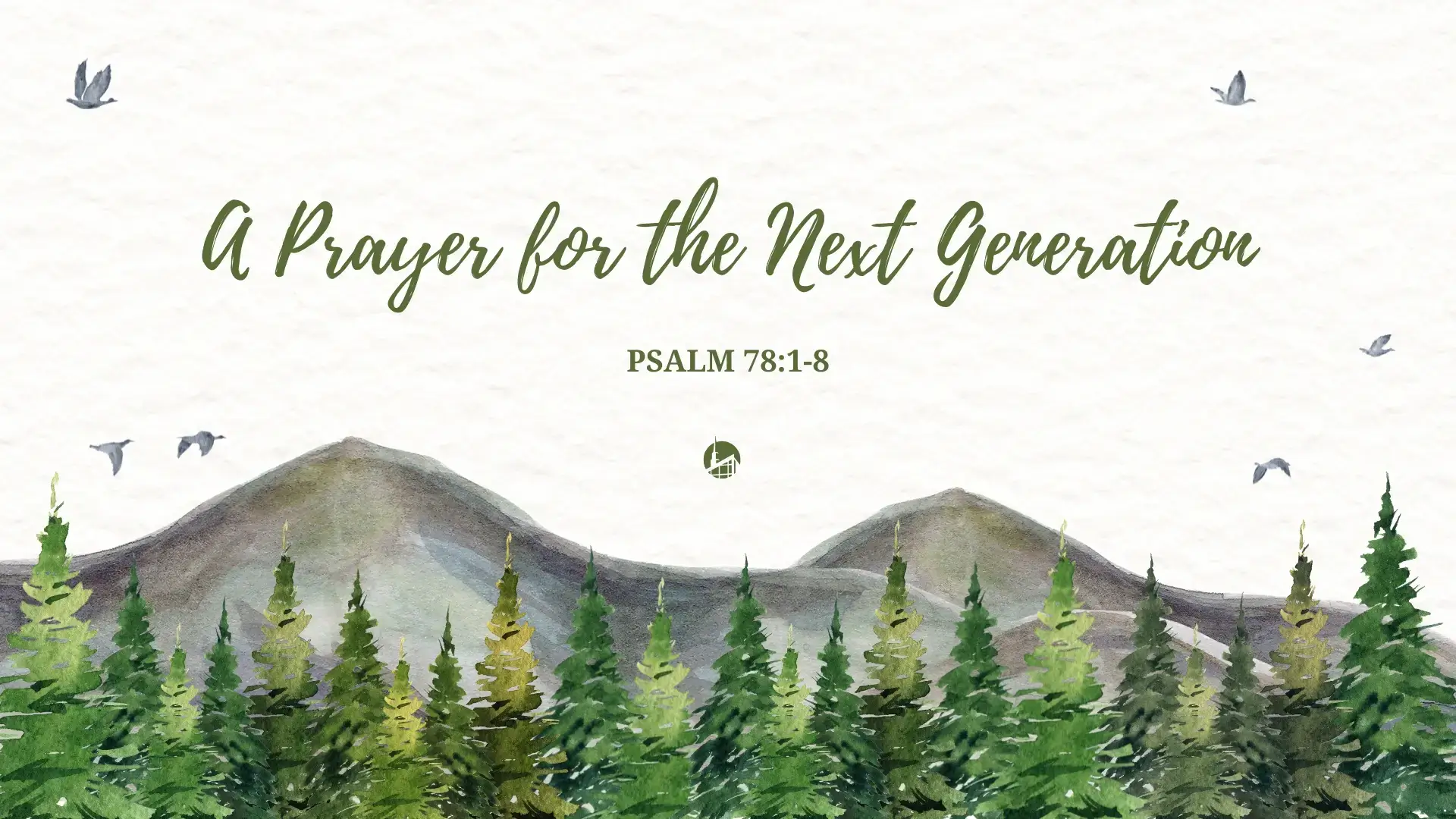Some questions define more than just a conversation, they shape your life. In Matthew 16, Jesus poses one of those questions not to the crowds, but to His disciples: “But whom say ye that I am?” This isn’t an inquiry for unbelievers or a theological poll. It’s a soul-searching challenge for those who claim to know and follow Christ. In this blog, based on a sermon from Matthew 16:13–17, we’ll explore what it truly means to confess Christ—not just once, but every day. A confession that must stand strong against cultural confusion, be deeply personal, and continually grow through the Spirit’s power.
Your Confession Must Withstand the Drift of Culture (Matthew 16:13–14)
Jesus deliberately brought His disciples to Caesarea Philippi, a region soaked in pagan worship and religious pluralism. With shrines to false gods carved into the surrounding rock cliffs, this location was both spiritually dark and culturally chaotic. In this setting, Jesus asked, “Whom do men say that I, the Son of Man, am?”
The answers were flattering but insufficient: John the Baptist, Elijah, Jeremiah, yes, but still far from the truth. These responses were respectful half-truths, placing Jesus among great men while falling short of acknowledging His divinity. And today, not much has changed. Many are comfortable calling Jesus a moral teacher, a revolutionary, or a symbol of love. But few will declare Him as He truly is Lord of all, the Son of the living God.
A growing number of churchgoers, even within historically Christian denominations, deny the deity and resurrection of Christ. This shows that our confession must be ongoing, not past-tense. In a time of shifting beliefs and theological dilution, our loyalty to Jesus must rise above the confusion and declare His true identity clearly, courageously, and consistently.
Your Confession Must Be Personal and Active (Matthew 16:15)
After surveying the crowd’s opinions, Jesus turns to His disciples and asks, “But whom say ye that I am?” The emphasis is on you. This isn’t a generalized belief or second-hand conviction, it’s deeply personal. Simon Peter answers with conviction: “Thou art the Christ, the Son of the living God.”
This confession wasn’t academic or theoretical. It was relational, experiential, and worshipful. Peter wasn’t just saying what he believed, he was declaring who Jesus was to him. And he said it boldly, not in the safety of the temple, but in a place full of spiritual darkness.
Today, the question remains: Who is Jesus to you? Not just in your church creed or theological statement, but in your day-to-day life. Is your confession visible in your calendar, your finances, your decisions, your convictions? Many Christians have right answers on paper but live with passive discipleship. Jesus calls for more than acknowledgment, He calls for allegiance. Our confession should not just be historic; it must be renewed often with fresh loyalty.
Your Confession Must Be Spirit-Empowered and Growing (Matthew 16:16–17)
After Peter’s bold declaration, Jesus responds, “Blessed art thou…for flesh and blood hath not revealed it unto thee, but my Father which is in heaven.” Peter’s insight wasn’t the result of intellect or deduction. It was a gift divine revelation from the Father.
This shows us something critical: true spiritual understanding is Spirit-empowered. It’s not about how much we know academically, but how open we are to the Spirit’s work of illumination. And this journey doesn’t stop at a single confession. Even Peter, after this profound moment, would later falter. He would deny Christ by a fire, yet be restored by the same Christ on a beach.
Faith isn’t a static state. It’s a pursuit. Mature believers aren’t those who know more, but those who grow more. Our confession of Christ should expand as our experience with Him deepens especially through trials, repentance, and daily surrender.
Ask yourself: Are you satisfied with what you already know about Jesus? Or do you desire more of Him beyond doctrine, into relationship? The apostle Paul, even after decades of following Christ, still said, “That I may know Him.” Let that be our posture: humble, hungry, and hopeful to know Jesus more fully each day.
Conclusion
The question Jesus asked His disciples still echoes today: “But whom say ye that I am?” It’s a question not for the crowds, but for His followers for you. Your confession of Christ must resist cultural drift. It must be personal, not second-hand. And it must be Spirit-led, deepening with every season of life.
Don’t settle for a past confession. Don’t let your faith grow cold or casual. Let your confession shine clear, personal, and growing. May your heart declare today, with conviction and clarity: “Thou art the Christ, the Son of the living God.”












